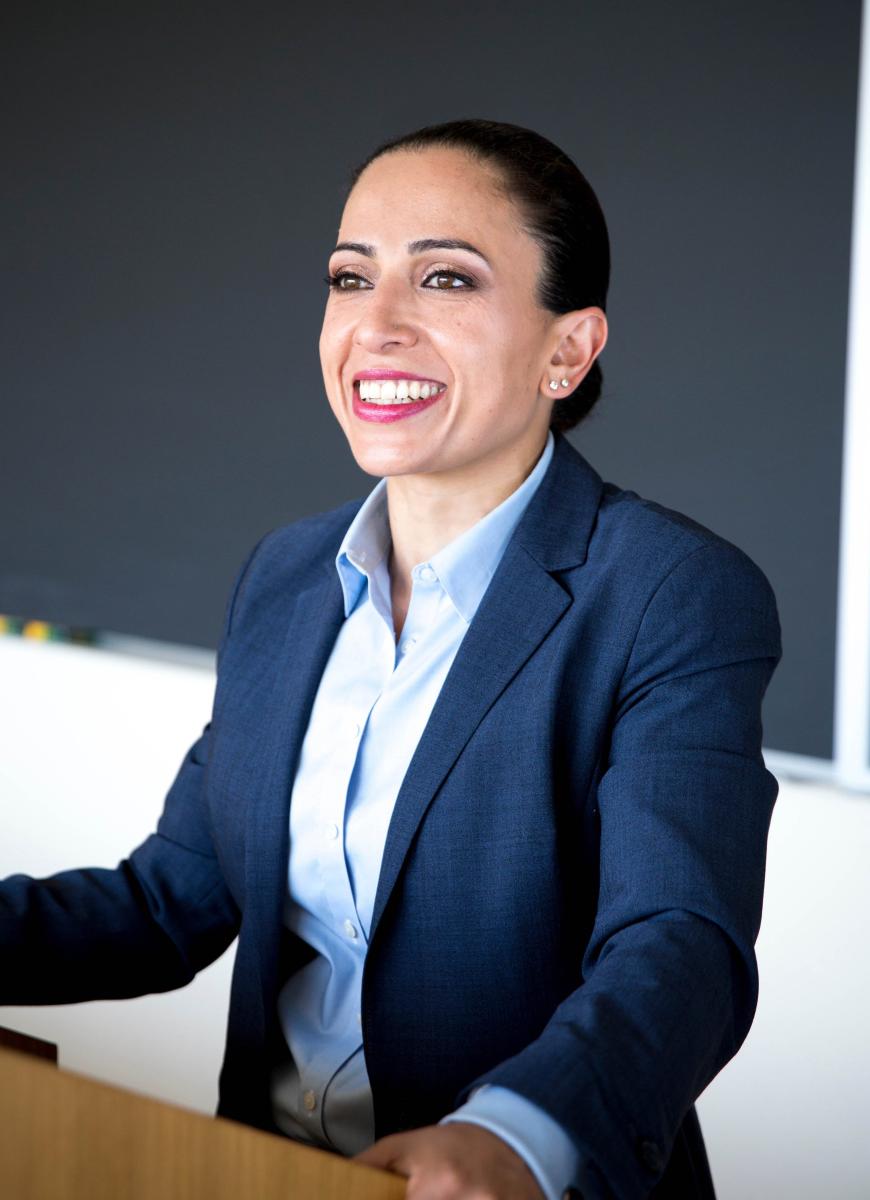 This lecture is a hybrid event. The speaker is attending online but attendees welcome to attend in-person in the Berkowitz/Finley Lecture Hall. The lecture will not be recorded.
This lecture is a hybrid event. The speaker is attending online but attendees welcome to attend in-person in the Berkowitz/Finley Lecture Hall. The lecture will not be recorded.
There is a sandwich lunch at 12.30 pm in the Old Library at the Centre.
Register here if attending online
Lecture summary: Third World Approaches to International Law (TWAIL) has aspirations to transform the tools and institutions of international law — which have served for centuries to construct, enact, and extend Western exploitation and domination — into tools and institutions for Global South empowerment, agency, and freedom. Characterizing itself as an intellectual and political movement, TWAIL promises to pave a path forward through a combination of scholarship and politics to achieve radical change. In this Article, I argue that TWAIL’s promise is unfulfilled — and that, if TWAIL’s current trajectory continues, its promise is likely to be unfulfillable. I first sketch TWAIL’s origin and key successes, including bringing awareness to the colonial roots and neo-imperial present of international law. Yet I contend that TWAIL’s diverse critical insights have not led to cohesive conceptual, doctrinal, or political positions, which would serve as tools to empower Global South-based actors. I argue that this is, at least partly, due to TWAIL’s ambivalence towards the Third World state, its absence of a theory of legitimate political violence in international law, its failure to identify a methodology of representing the ‘voices’ of the Global South, and to the growing influence of an academic ethos I call ‘critique-as-wellness.’ For those motivated by TWAIL’s ambitions, I suggest three possible directions to take: the construction of a grassroots-centered campaign in the service of Global South peoples; the formation of a movement focused on empowering Global South states; or a coalition originating from the Global North aimed at reshaping Western attitudes and actions towards the Global South.
Related paper: https://papers.ssrn.com/sol3/papers.cfm?abstract_id=4406477
Naz K. Modirzadeh is a Professor of Practice at Harvard Law School. She writes and teaches primarily in the field of public international law, with a focus on non-use of force, armed conflict, the UN Security Council, and counterterrorism issues. In the Fall 2022 term, Modirzadeh is teaching Laws of War and Public International Law, as well as a reading group on International Lawyering. Modirzadeh is the founding Director of the Harvard Law School Program on International Law and Armed Conflict (HLS PILAC). She is responsible for overall direction of the program, contributing to its cutting-edge research initiatives, briefing senior decision-makers, and advising governments, United Nations agencies, international humanitarian organizations, and NGOs.
Chair: Prof Sandesh Sivakumaran
The Friday Lunchtime Lecture series is kindly supported by Cambridge University Press & Assessment.


 Facebook
Facebook  X/Twitter
X/Twitter  Instagram
Instagram  YouTube
YouTube  Flickr
Flickr  LinkedIn
LinkedIn